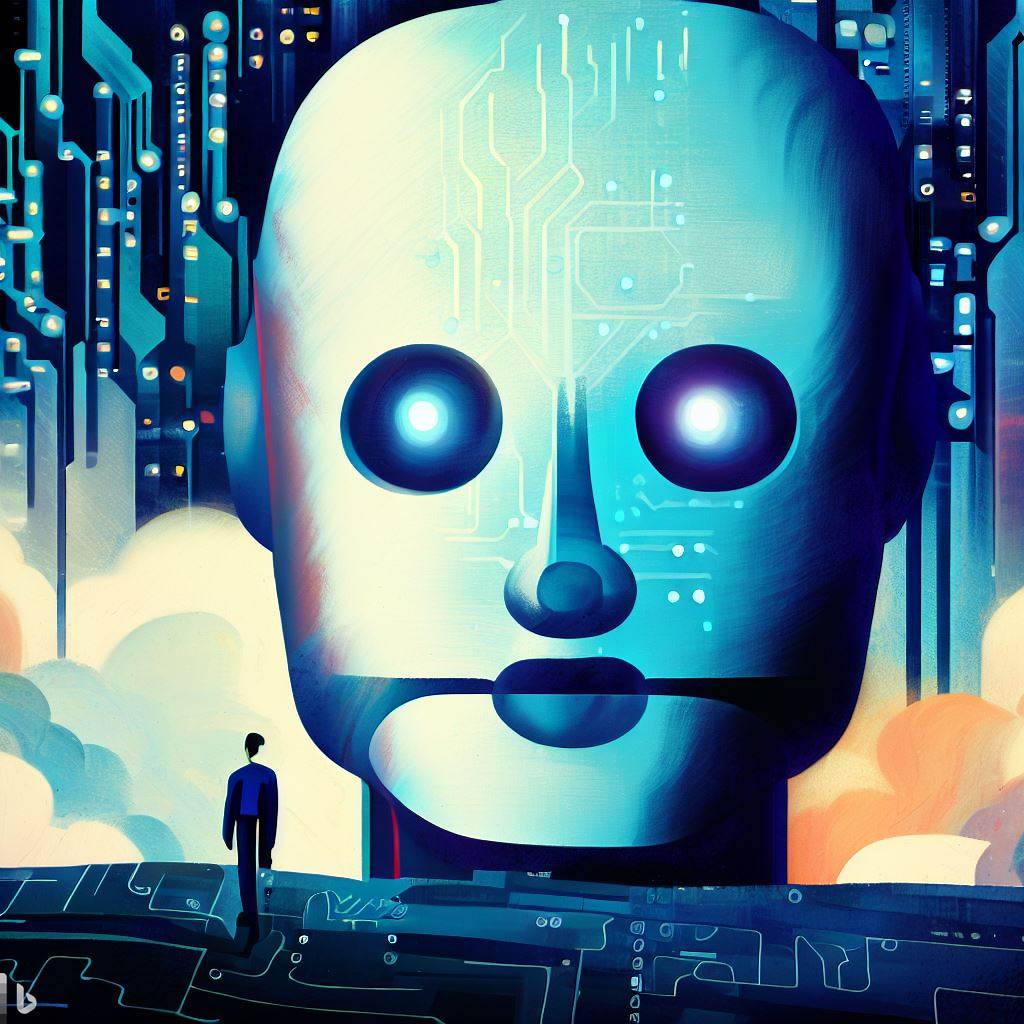The promise and pitfalls of AI in today’s PR agency workflow
It’s a balancing act.

Tiffany Guarnaccia is CEO and founder of Kite Hill PR.
In service businesses, such as PR, marketing and creative agencies, technology is sometimes seen as an enemy when it should be seen as an enabler. The adoption of different platforms and services are creating advanced ways to increase efficiency and collaboration.
One of the biggest technological advancements in the spotlight in 2023 is the rapid adoption and varied application of AI technologies. Whether it be ChatGPT or AI-generated images, AI has taken media headlines by storm. As more companies adopt AI to increase efficiency and eliminate human error, it might seem like AI in every industry is inevitable. What role does AI have in public relations, an industry that was built on human interactions and genuine connection?
The biggest opportunities today
It is a balancing act. If AI is going to have a place in PR, it’s crucial that PR pros remember that it is about art and science. People are communications artists and tech enables them to work more efficiently. You can’t have one without the other. It’s important to keep the human element front and center in PR strategies, especially those that require nuance.
One of the biggest opportunities for AI in the PR industry is around content creation. PR agencies can use tools like ChatGPT for writing content that can then be refined, fact checked and edited by the human eye. Using AI can help create content and maybe even help with writer’s block as it can act as a sounding board for ideas and trending stories.
Measurement has become the name of the game for PR professionals. Demonstrating your worth and value is critical and AI can make both measurement and correcting easier. AI can analyze the performance of a campaign, identify what worked and what didn’t, and establish ways to improve in the future. It can even help pick up on patterns within campaigns, analyze past behaviors and make suggestions to modify deliverables in the future for better success.
Though AI can have a tremendous impact on PR programs, it’s important to keep human involvement at the center
Potential pitfalls
I was at the start of the online advertising industry and think AI in the PR industry can be compared to the early stages of contextual advertising. There is opportunity to leverage AI to create efficiencies in the work we do, but we cannot miss the importance of art and science. Tech and people.
I recall one of the biggest mishaps that demonstrated the need for human editors in 2004. With contextual advertising, ads are supposed to match the content that they run alongside. So the ad system generated an ad for luggage next to a New York Post story about a murder involving a suitcase.
AI is moving quickly and if the PR industry doesn’t implement it in some way, we are going to be left behind. But there are things to consider, the first being that AI isn’t perfect. It takes years to train AI to mimic human behavior and even the smartest AI right now is still on the same level as a 9-month-old. It is crucial that PR pros remember anything produced by AI needs to be edited to fit the right voice and to confirm the messaging points. AI isn’t meant to do your job, it is meant to enhance it.
Currently, the legal department is owning many of the decisions about the adoption of AI. For example, PR agencies should consider the IP and content rights when it comes to AI. Many AI platforms indicate that they own the content being created on the platform. Work done for clients oftentimes includes confidential information that should be owned by the client – not AI. PR agencies should have open and honest conversations with clients before moving forward with AI.
Keep in mind conversations about AI in PR are news, but they aren’t new. Communications Week sessions back in 2016 asked the question ‘bot or not, are robots coming for our jobs?’ the answer was no then and is no now. But we do need to have the ability to challenge our thinking, be agile and evolve.
At the end of the day, PR is still a business of relationships and human connection. PR professionals are responsible for client services and the messages that ultimately end up out in the world. There may come a time where PR professionals can place blame on AI when a message does not come across the way it should – but we aren’t there yet.. Essentially, AI in PR is a balancing act. PR pros have to remember art and science. People and technology. One isn’t better than the other – they have to work together in order to achieve the desired results. Technology drives the industry’s innovation and agility. PR pros need to use them together to stay ahead.






